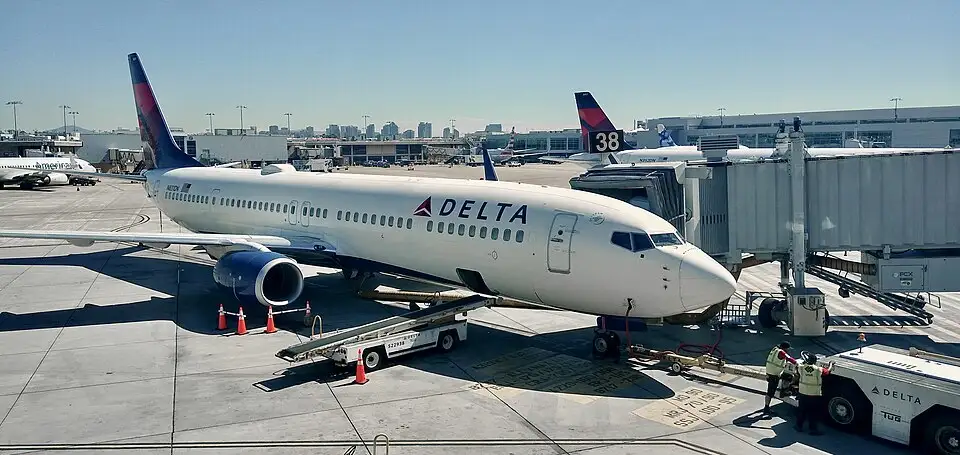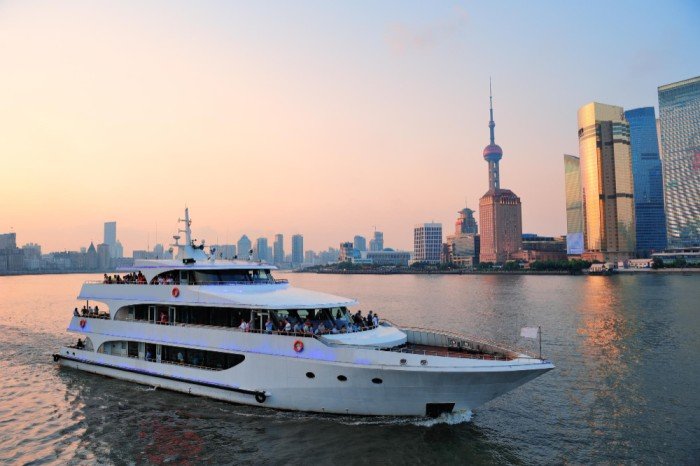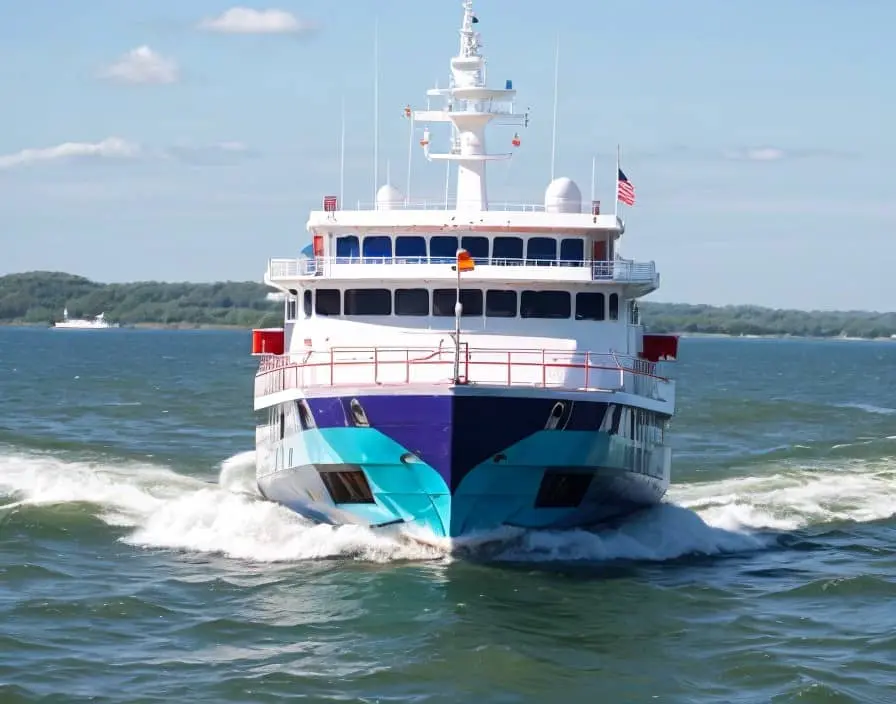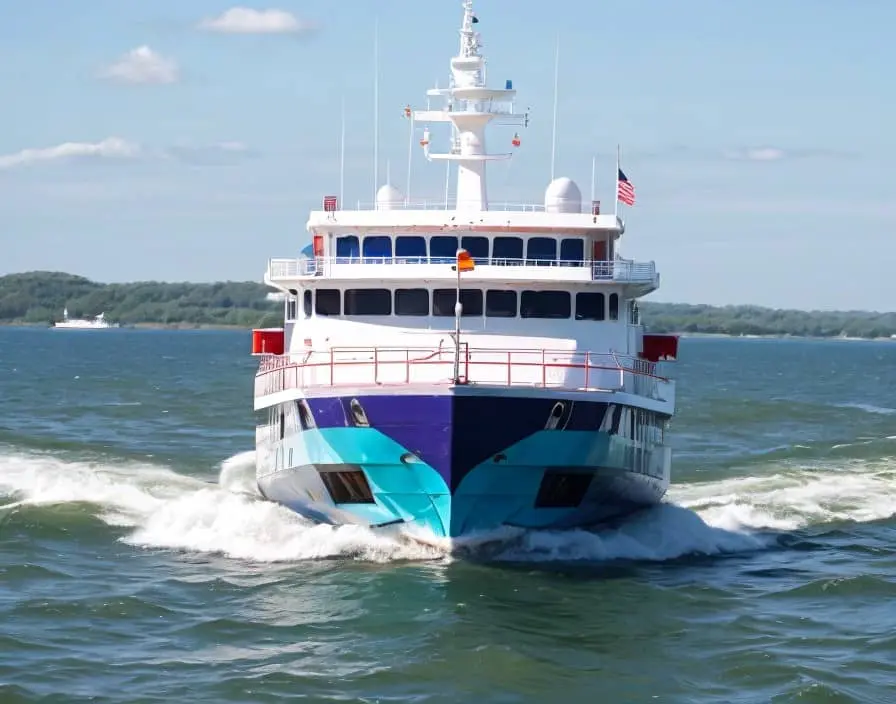U.S. Announces New Port Fees Targeting Chinese-Linked Ships
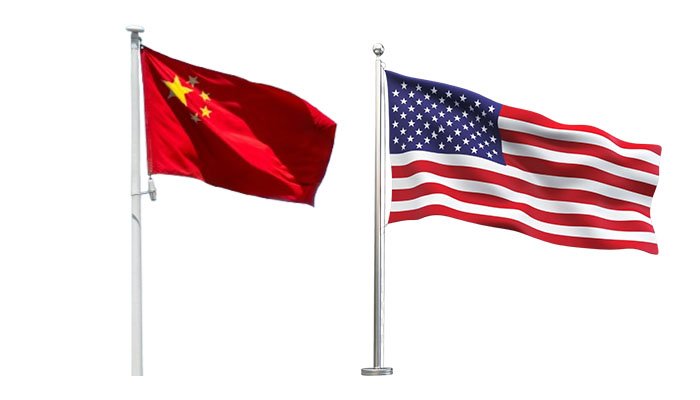
On Thursday, the United States introduced new port fees targeting Chinese-built and operated ships, aiming to strengthen the domestic shipbuilding industry and reduce China’s influence in the sector.
The measure — originating from an investigation initiated by the previous administration — comes amid a heated trade war between the U.S. and China over tariffs imposed by President Donald Trump, and may further escalate tensions between the two nations.
“Ships and shipping are critical to America’s economic security and the smooth flow of trade,” said U.S. Trade Representative Jamieson Greer in a statement, adding that most of the new fees will take effect in mid-October.
Under the new rule, per-tonnage or per-container fees will be applied to each U.S. voyage made by Chinese-linked ships, rather than at every port stop — easing concerns previously raised within the industry.
The fee will be levied a maximum of five times per year and may be waived entirely if the ship’s owner places an order for a U.S.-built vessel.
Once a global leader following the Second World War, the U.S. shipbuilding industry has seen a steady decline and now represents just 0.1 percent of global production.
Today, the industry is overwhelmingly dominated by Asia, with China constructing nearly half of all newly launched ships, followed by South Korea and Japan.
Together, these three countries account for over 95 percent of global civilian shipbuilding, according to data from the United Nations.
Separate fees will be imposed on Chinese-operated and Chinese-built ships, with both sets of charges set to gradually increase over the coming years.
For Chinese-built vessels, the fee will begin at $18 per net ton (NT) or $120 per container — meaning a ship carrying 15,000 containers could face a staggering charge of $1.8 million.
In March, U.S. groups representing around 30 industries raised concerns about the potential impact of these fees on the cost of imported goods.
One business surveyed warned that the proposed charges — combined with existing tariffs on China and other nations, as well as duties on steel and aluminum imports — would place “extraordinary pressure on U.S. retailers.
All car carrier vessels not built in the United States will also be subject to new fees starting in 180 days.
Washington is introducing additional fees for liquefied natural gas (LNG) carriers as well, though those charges won’t take effect for another three years.
According to a fact sheet released with the announcement, the new fees will not apply to Great Lakes or Caribbean shipping, routes involving U.S. territories, or bulk commodity exports transported on ships that arrive in the U.S. empty.
Alongside the fees, U.S. Trade Representative Jamieson Greer also announced proposed tariffs targeting certain ship-to-shore cranes and Chinese-made cargo handling equipment.
The Trump administration’s actions will begin to reverse Chinese dominance, address threats to the U.S. supply chain, and send a strong demand signal for U.S.-built ships,” Greer stated.


